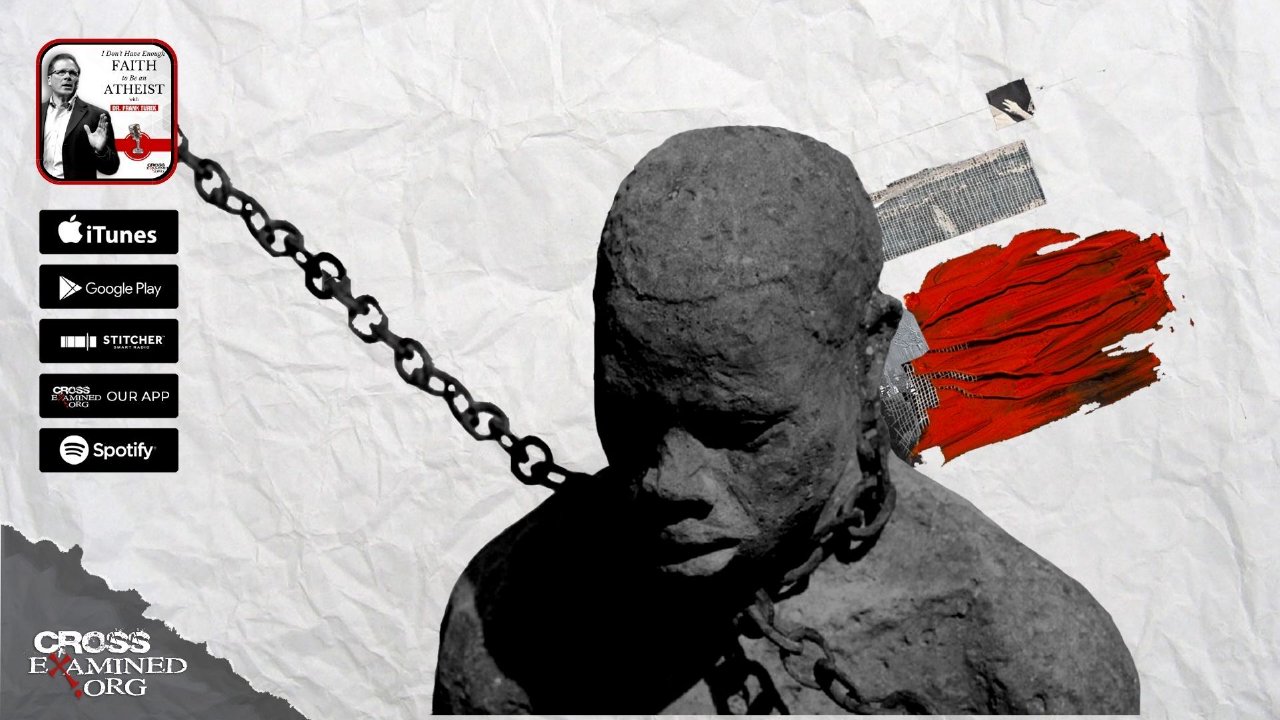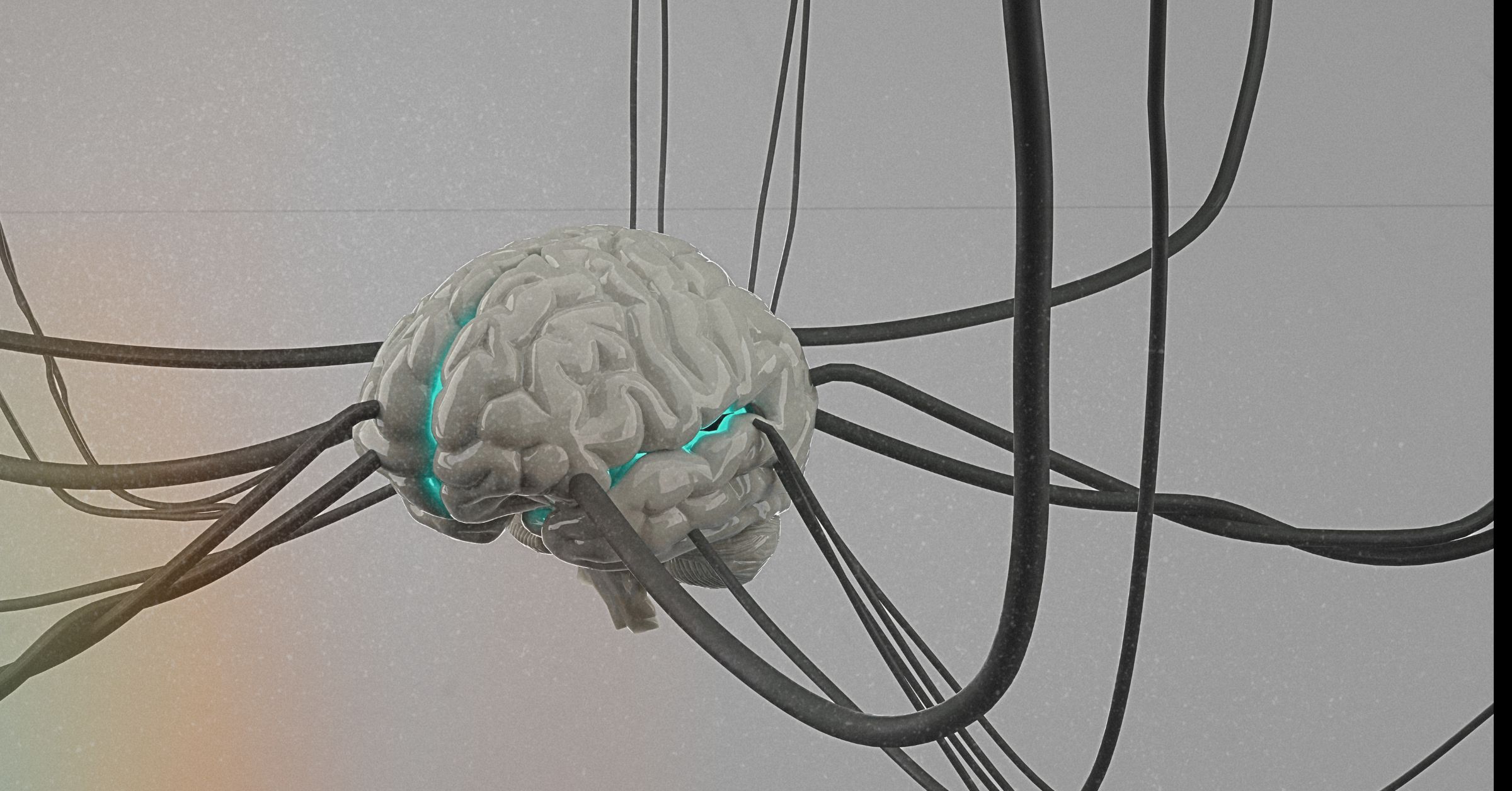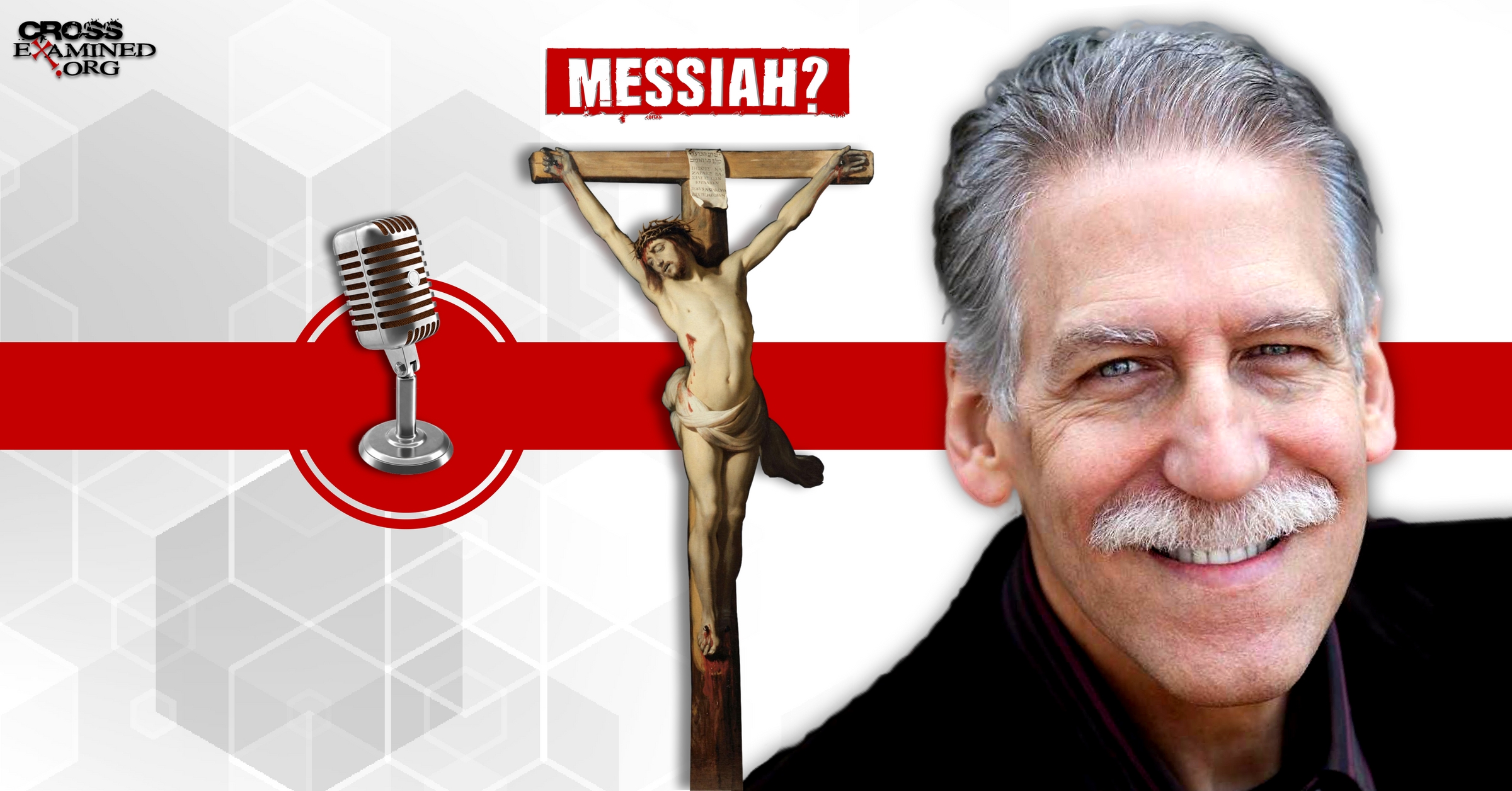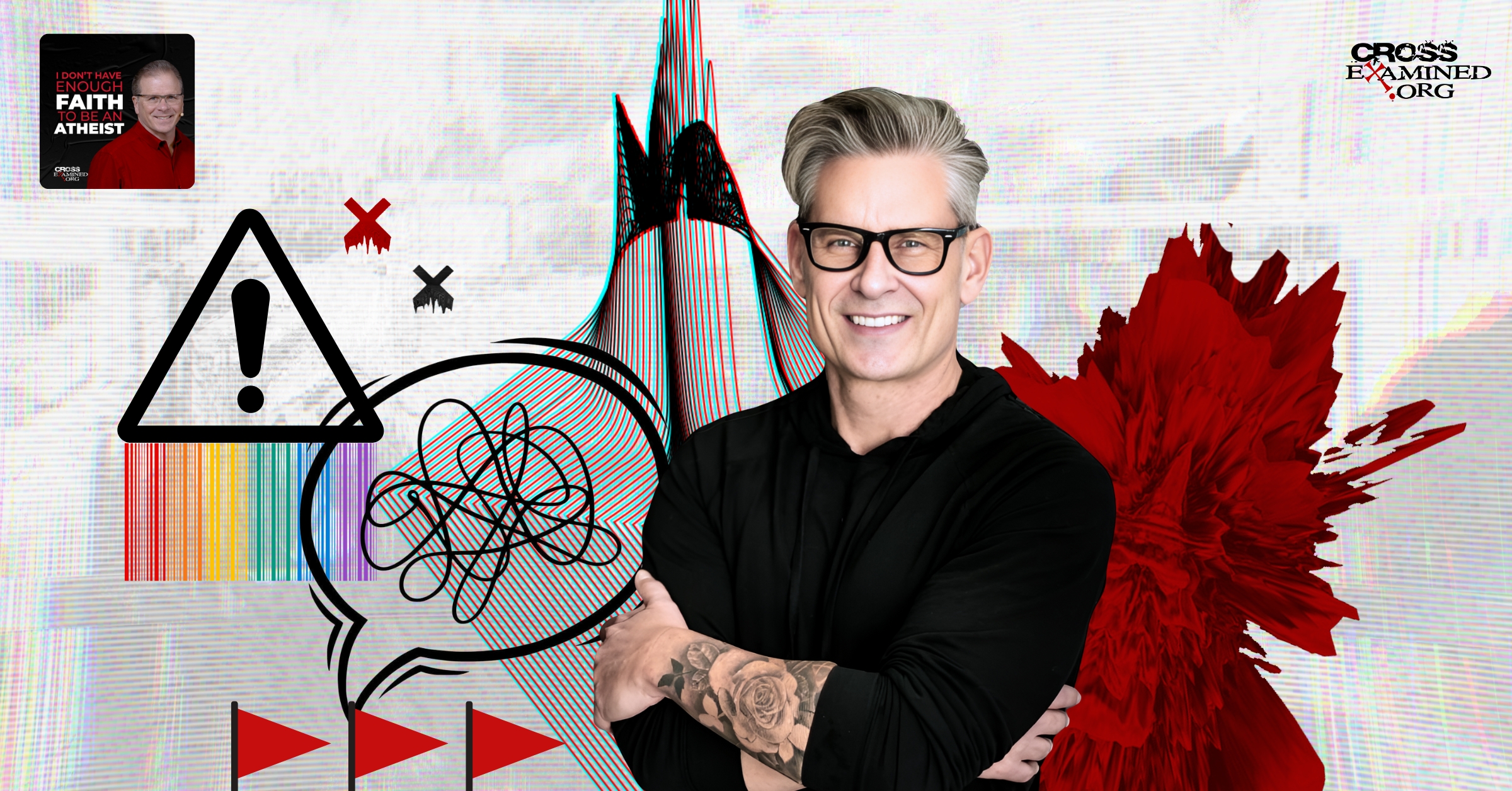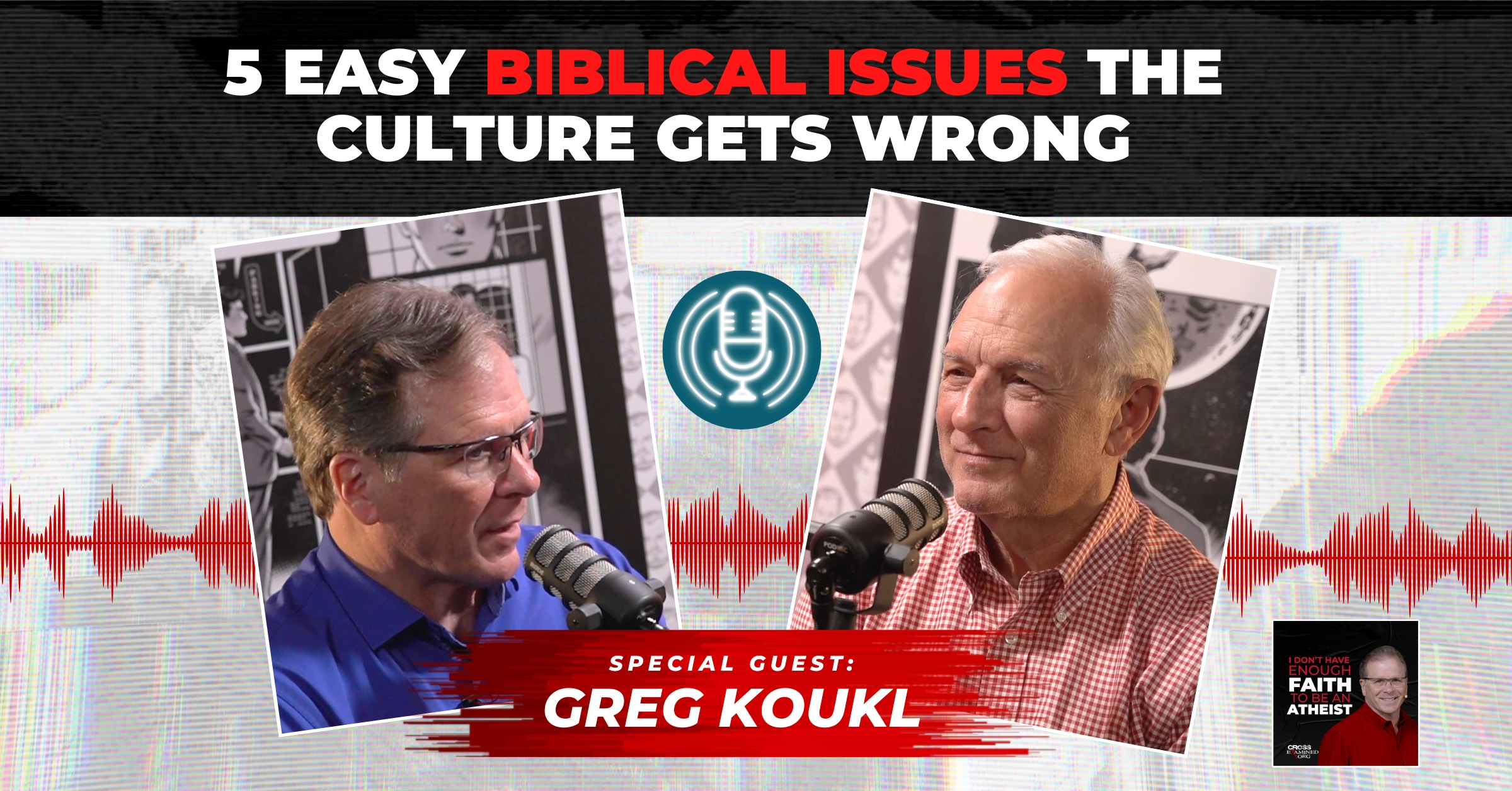Dealing with Hurt and Trusting God: Biblical Tips for Overcoming Pain
Life presents numerous trials and challenges, many of which result not from our own actions but from the behavior and transgressions of others. Betrayal, injustice, or rejection can inflict profound emotional pain and distress. The overwhelming nature of the suffering, particularly when caused by another individual, prompts natural questioning of how an omnibenevolent God could permit such affliction during the darkest moments.
I can tell you from my own personal pain that it’s tough to be at peace in life after being wounded and betrayed by someone you trusted. The emotional pain can leave you feeling as though you cannot trust God and forgive others. However, it’s essential to recognize that this pain does not reflect the absence of God’s love or presence in our lives. Instead, it offers a profound opportunity for spiritual growth and deepening our faith.
The Scriptures remind believers that God intimately understands human grief. The writer of Hebrews reminds us that “we do not have a High Priest who is unable to sympathize with our weaknesses” (Hebrews 4:15). The prophet Isaiah’s description of Jesus as “a man of sorrows, and acquainted with grief” (Isaiah 53:3) serves as a powerful testament to the compassion of the Lord, who willingly bore the depths of human pain. This understanding of human suffering underlines Jesus’s invitation for individuals to seek comfort in Him.
“Come to me, all who labor and are heavy laden, and I will give you rest. Take my yoke upon you, and learn from me, for I am gentle and lowly in heart, and you will find rest for your souls. For my yoke is easy, and my burden is light.” Matthew 11:28-30
When facing emotional pain, it’s understandable to grapple with anger and thoughts of retaliation. However, it’s important to address our circumstances with a spiritual perspective. As Ephesians 6:12 reminds us, our challenges encompass not only the physical and emotional but also the spiritual.
Furthermore, it may seem easier to suppress our hurt and tell ourselves to “move on,” but this approach often leads to deeper emotional and spiritual issues. It’s crucial to acknowledge and confront the pain inflicted by others. One effective way to do this is by seeking solace in the presence of God. As David expressed in a poignant song, being in God’s presence brings a sense of completeness and joy, offering a path toward healing and restoration (see Psalm 16).
So, I say to you, dear friend, share your pain with God. Don’t ignore it or feel embarrassed. You need to accept that feeling angry about being hurt and betrayed is perfectly normal.
The next step may seem even more impossible and the most challenging: the need to forgive. A big part of finding healing and peace is to rely on God’s forgiveness. Just as God forgave us through the sacrifice of Jesus, we are called to forgive others (Ephesians 4:32, Matthew 6:14-15). Forgiveness requires the conscious choice to release the offender to God and liberate ourselves from anger and resentment rather than condoning the wrongdoing or overlooking the pain.
Trusting in God’s forgiveness can be challenging when we are hurting and struggling to understand, but it is vital for our healing process. Have faith that He can turn our pain into purpose, bring beauty from ashes, and use our suffering to shape us into the likeness of Jesus Christ himself.
In her book, You Can Trust God When Life Hurts, Amber Albee Swenson shares this promising truth,
“God is not oblivious to our situations, and he’s not unconcerned. Sometimes, he gives us a chance to remedy the situation, like the disciples in the storm. Sometimes he’s watching to monitor our reaction, like he did with Job in the Old Testament. And sometimes, like the apostle Paul on that ship, he’s sustaining us until the exact minute he chooses to end our storm.”
Acknowledging our pain, relying on God’s strength, and choosing forgiveness are all necessary for finding healing amid the hurt and can help mend a broken relationship in many cases. Those who don’t learn to deal with hurt are more likely to be consumed by it, causing them to hurt others in return. However, the more you learn to lean on God for healing, the greater strength and comfort you will gain the next time you experience hurt. It’s important to remember that healing takes time; it’s not just a process, it’s a journey. No matter how long it takes to deal with the hurt, Jesus is always beside you, ready to hold and carry you through the darkness of pain.
Recommended Resources:
Why Doesn’t God Intervene More? (DVD Set), (MP3 Set), and (mp4 Download Set) by Frank Turek
Why does God allow Bad Things to Happen to Good People? (DVD) and (mp4 Download) by Frank Turek
Relief From the Worst Pain You’ll Ever Experience (DVD) (MP3) (Mp4 Download) by Gary Habermas
If God, Why Evil? (DVD Set), (MP3 Set), and (mp4 Download Set) by Frank Turek
Jason Jimenez is President of STAND STRONG Ministries and author of Challenging Conversations: A Practical Guide to Discuss Controversial Topics in the church. For more info, check out www.standstrongministries.org.
Originally published here: https://bit.ly/4du4NCX



